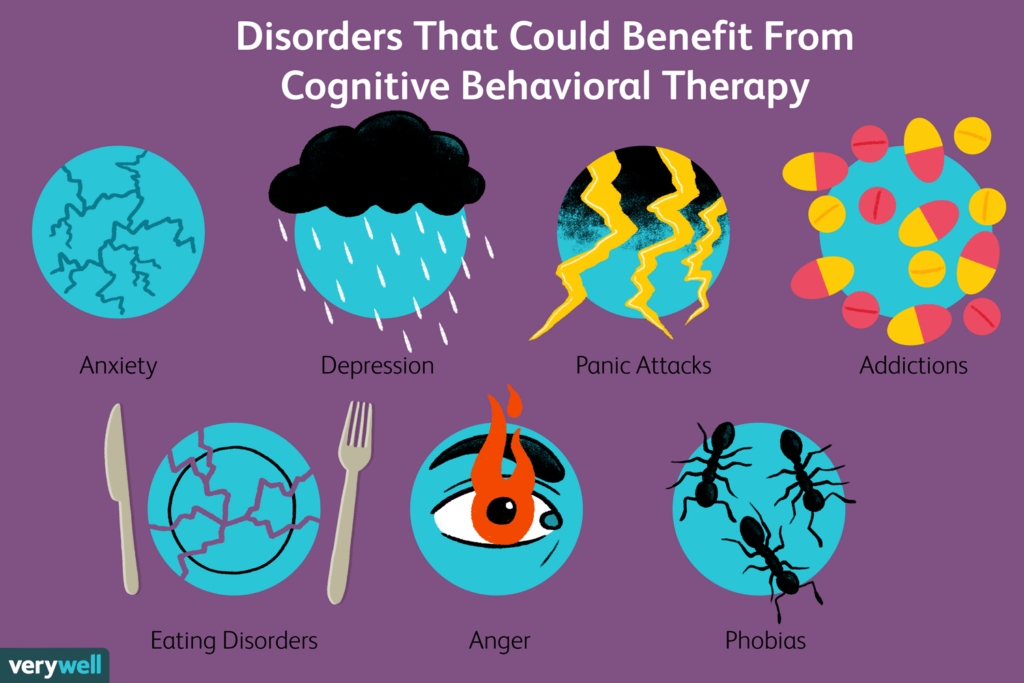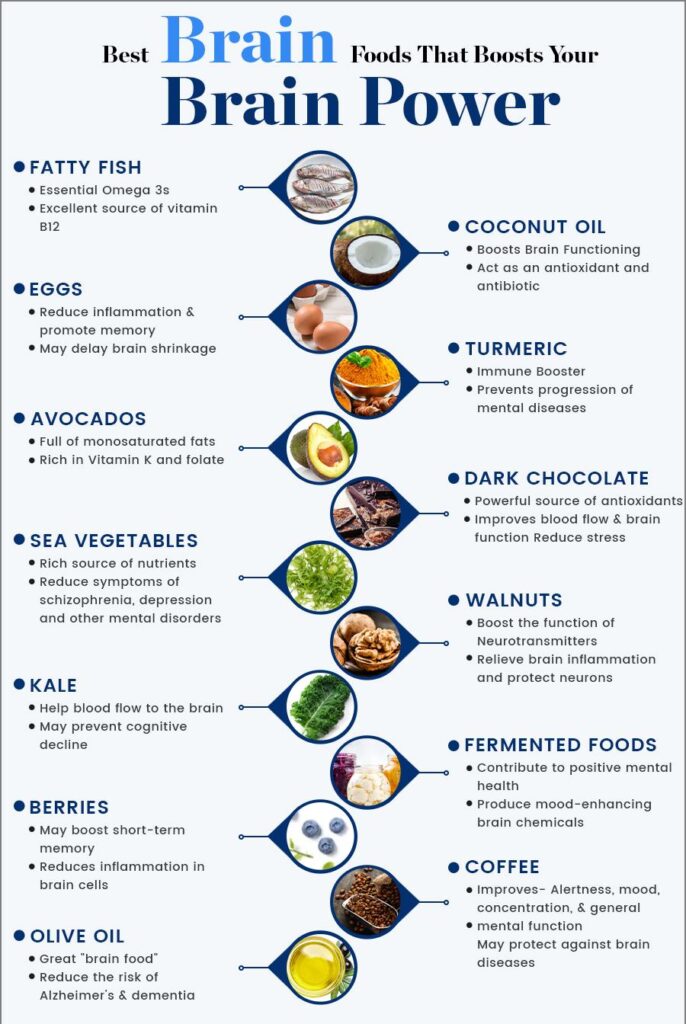Regarding health and well-being, the proverb “You are what you eat” has never been more relevant than it is today, particularly when considering the state of the brain, which is widely considered the most complicated organ throughout the human body. Many studies are delving deeper into the complex relationship between diet and cognitive function. It is becoming increasingly apparent that the food that we consume has an effect that extends beyond our physical health and has a substantial influence on our mental well-being and cognitive lifespan.
A number of recent studies have shed light on the significant impact that dietary habits have on brain health. Particular diets have shown promise in terms of boosting mental health, enhancing cognitive function, and lowering the risk of neurodegenerative disorders. Among these, a ground-breaking study focused on four distinct types of diets stands out. It provides fascinating insights into how our daily food choices can serve as a vital tool for preserving and improving brain health.
This study, carried out by a group of committed researchers, comprehensively compared the effects of the Mediterranean diet, the Ketogenic diet, Intermittent Fasting, and a plant-based diet on several areas of brain health. The purpose of this study was obvious: to determine which diet provides the most significant opportunities for improving cognitive function and the brain’s overall health.
The results of this study provide a glimmer of optimism because the world’s population is getting older. There is a growing interest in ways to modify one’s lifestyle to prevent cognitive deterioration. By gaining an awareness of the dietary patterns that are most beneficial to brain health, individuals can make educated decisions regarding their eating habits, which may help them prevent cognitive decline and cultivate a healthier and more vibrant mind.
In the following parts, we will delve into the relevance of brain health, present an overview of the diets that were investigated, analyze the methods and findings of the research, and explore the ramifications of adopting the diet considered the best for brain health. Whether you’re a health enthusiast, concerned about cognitive decline, or simply curious about how diet affects mental functioning, this in-depth investigation provides significant insights into the relationship between nutrition and brain health.
Understanding the Health of the Brain
The optimal functioning of the brain in various categories, such as cognitive capacity, emotional well-being, and neurological fitness, is what is meant by the term “brain health.” The capacity of the brain to effectively carry out all mental functions, such as memory, judgment, language, and the ability to learn new things, is included in this concept. Nutrition plays a significant part in the maintenance of brain health. Certain nutrients are responsible for neurogenesis, creating new neurons, defending against inflammation, and ensuring neurotransmitters can work effectively.
It is essential for one’s general well-being and quality of life that the brain is in good shape. A brain that is in good health not only enables it to carry out its fundamental activities in an efficient manner but also lessens the likelihood of experiencing cognitive decline, mental health issues, and neurodegenerative diseases like Parkinson’s and Alzheimer’s dementia. For this investigation, the investigated diets were deliberately selected because of their potential to enhance some aspects of brain health through the consumption of nutrients.
Examining the Diets That Were Investigated

Diet of the Mediterranean
It is well known that the Mediterranean diet, characterized by a high intake of fruits, vegetables, whole grains, olive oil, and fish, is exceptionally beneficial to one’s health. These benefits include a decreased risk of cardiovascular disease and cognitive decline. The fact that it strongly emphasizes antioxidants and healthy fats is thought to facilitate brain function by lowering levels of oxidative stress and inflammation.
The Ketogenic Diet
A diet that is high in fats, moderate in proteins, and very low in carbs is called the ketogenic or ketogenic diet. This diet was first intended to manage epilepsy; however, it has been shown to modify how energy is utilized in the brain, which may protect neurons and promote cognitive performance. Increasingly, experts are interested in the implications that it has on the health of the brain.
Alternate periods of fasting
When you practice intermittent fasting, you alternate between eating and fasting. This diet is thought to promote the autophagy process, which is the process by which the body cleans out damaged cells. This process may favor brain health by clearing out toxins and damaged cells that could contribute to cognitive decline.
A Diet Based on Plants
A way of eating that emphasizes the consumption of plant-based foods, such as fruits, vegetables, cereals, nuts, seeds, legumes, and grains, and eliminates or minimizes the use of animal products. Diets based on plant foods are abundant in vitamins, minerals, and antioxidants, all of which contribute to good brain health by lowering oxidative stress and inflammation levels.

Approaches Taken in the Research
During the study, a comprehensive analysis of the impact of different diets on brain health was carried out over six months. Adults between the ages of 25 and 65 were selected as participants due to their diverse nutritional backgrounds and cognitive health statuses. Cognitive function tests, magnetic resonance imaging (MRI) scans to examine the brain’s structure, and blood tests to identify indicators of inflammation and neurogenesis were utilized to determine the effects of each diet.
Results of the Research Study
According to the study’s findings, although all diets had some positive impacts on brain health, the Mediterranean diet was found to have the most substantial gains in cognitive function, reduced evidence of neurodegeneration in brain scans, and decreased levels of inflammatory markers. Participants who followed a diet similar to that of the Mediterranean reported improved mood, memory, and concentration.
Consequences that the Study May Have
Based on these findings, the Mediterranean diet may be especially advantageous for brain health, potentially due to its balanced composition of nutrients, which supports overall health. It is possible that adopting a Mediterranean diet would be a prudent choice for persons who are interested in enhancing their cognitive function or lowering their chance of developing neurodegenerative disorders.
Criticisms and Restrictions Regarding the Research
It is necessary to emphasize the study’s limitations, such as the short duration and the self-reported adherence to the participants’ diet, despite the study’s encouraging results. Longer-term studies involving larger participant groups are needed to arrive at more conclusive findings.
Final Thoughts
The results of this study draw attention to the significant influence that nutrition has on the brain’s health, with the Mediterranean diet emerging as a particularly advantageous option. Increasing the amount of fruits, vegetables, whole grains, and healthy fats consumed in our diets can improve the health of our brains and lower the likelihood of experiencing cognitive decline. Always remember that before making any changes to your diet, it is strongly recommended that you discuss your options with medical professionals.


